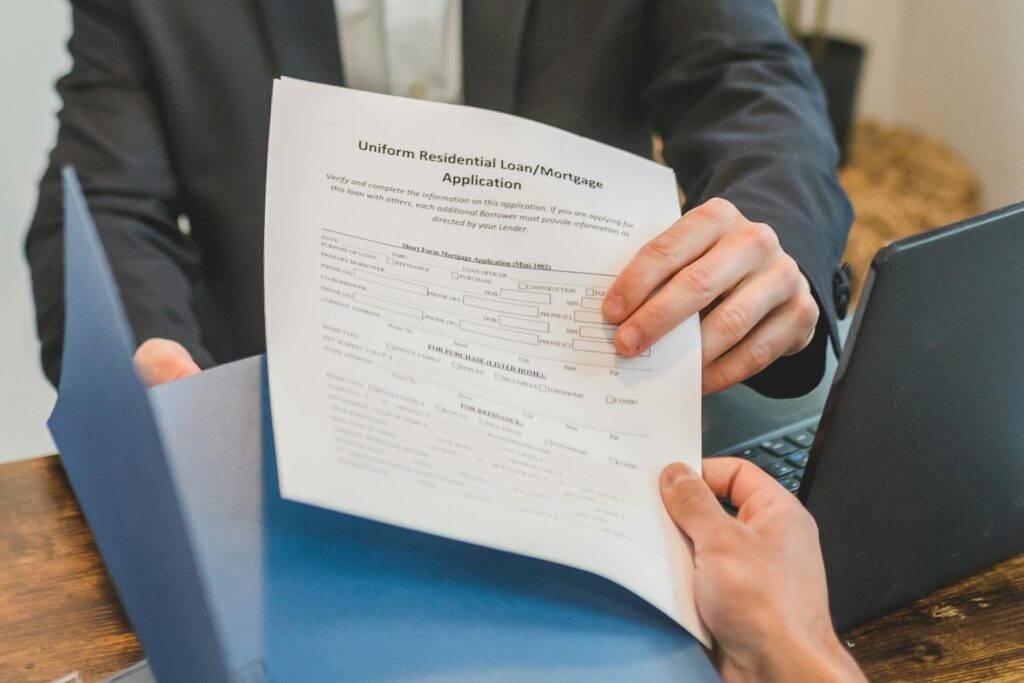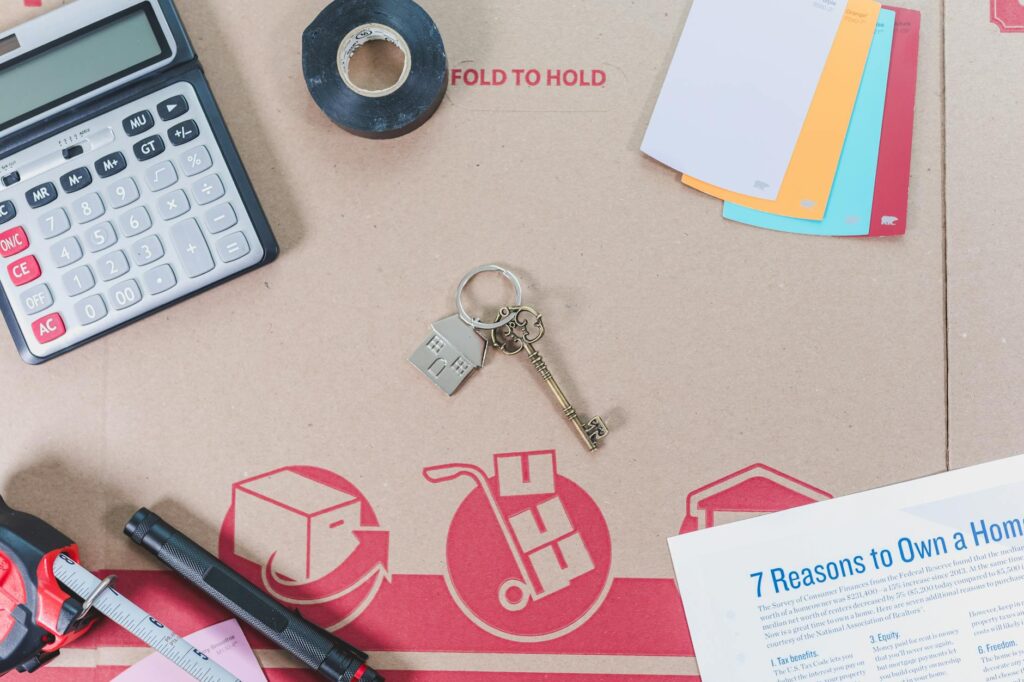Securing a VA loan can be a fantastic way to achieve homeownership, offering benefits like no down payment and competitive interest rates. However, the application process isn’t always smooth sailing. Many applications get denied, often due to avoidable mistakes. This guide will explore the top reasons why VA loan applications fail, empowering you to navigate the process successfully.
Credit Score Woes
A low credit score is a major hurdle. Lenders generally prefer scores above 620, though some exceptions exist. Improving your credit score before applying is crucial. Check your credit report for errors and pay down outstanding debts. 
Debt-to-Income Ratio (DTI) Issues
Your DTI compares your monthly debt payments to your gross monthly income. A high DTI indicates you’re heavily burdened with debt, making lenders hesitant. Reducing debt or increasing income can significantly improve your chances. Learn more about improving your DTI.
Insufficient Income
Lenders need assurance you can afford the mortgage payments. Insufficient income, relative to the loan amount, is a common reason for denial. Providing thorough documentation of your income is vital. 
Incomplete or Inaccurate Application
Errors or omissions on your application can lead to delays or outright rejection. Double-check every detail for accuracy. Missing documentation is another frequent problem. Use a VA loan checklist.
Property Appraisal Challenges
The property’s appraised value must meet or exceed the loan amount. If the appraisal comes in low, you might need to make up the difference or reconsider the purchase. 
Title Issues
Problems with the property’s title, such as liens or disputes, can halt the process. A clear title is essential for loan approval. Understanding title insurance can help you.
Lack of Proper Documentation
Lenders require extensive documentation to verify your identity, income, employment, and assets. Failure to provide all necessary documents will likely result in denial. Organize your paperwork in advance.
History of Foreclosure or Bankruptcy
Past financial difficulties, such as foreclosure or bankruptcy, can negatively impact your application. However, you may still qualify depending on the circumstances and how long ago these events occurred. Learn more about overcoming past financial challenges.
Co-Signer Issues
If using a co-signer, ensure they meet the lender’s requirements and provide all necessary documentation. A co-signer’s poor credit or insufficient income can jeopardize the loan.
Down Payment Confusion
While VA loans don’t require a down payment, there are still closing costs and other fees to consider. Understanding these costs upfront is critical.
Overlooking Funding Fee
VA loans have a funding fee, which varies based on your situation. Make sure you’re aware of this fee and factor it into your budget.
Ignoring Pre-Qualification
Getting pre-qualified is a crucial step. It helps assess your eligibility and provides you with an understanding of what you can realistically afford.
Choosing the Wrong Lender
Shop around for a lender with expertise in VA loans and favorable terms. Some lenders specialize in VA loans, providing additional support.
Not Understanding VA Loan Limits
VA loans have loan limits that vary by county. Understanding these limits and working within them is key.
Failing to Stay Organized
Keeping meticulous records of all communication and documentation is crucial throughout the process. Stay organized to avoid delays and potential errors.
Ignoring the Certificate of Eligibility
Ensure you have a valid Certificate of Eligibility (COE) before starting your application. This document verifies your eligibility for a VA loan. Get your COE here.
Conclusion
By understanding and addressing these common pitfalls, you can significantly increase your chances of securing a VA loan. Careful planning, thorough preparation, and clear communication with your lender are your best allies in this process. Remember to consult a financial advisor for personalized guidance.
Frequently Asked Questions
What is the minimum credit score required for a VA loan? While there’s no official minimum, lenders generally prefer scores above 620. However, some may consider applicants with lower scores.
Can I get a VA loan if I’ve declared bankruptcy? Yes, it’s possible, but it will depend on the circumstances and how long ago the bankruptcy occurred. You may need to demonstrate financial stability.
What if my property appraisal is lower than the loan amount? You may need to make up the difference in cash, renegotiate the purchase price with the seller, or reconsider the purchase.
How long does the VA loan application process typically take? The time it takes varies, but it can generally range from a few weeks to several months.
What happens if my application is denied? If denied, you should understand why and take steps to address the issues before reapplying. You may want to consult a mortgage professional.
![VA Home Loans 101: Your Ultimate Guide For [Current Year]](https://www.yourfinancerates.com/wp-content/uploads/2025/06/pexels-photo-3768140-1024x682.jpeg)


